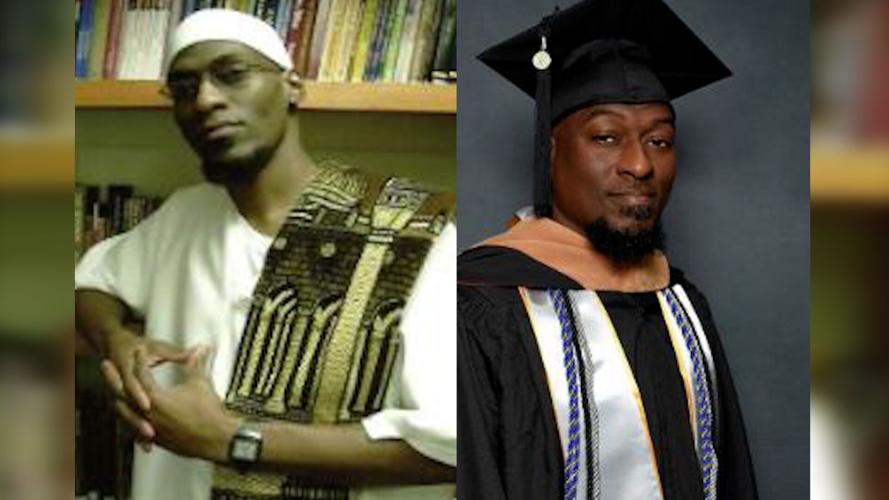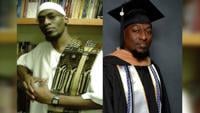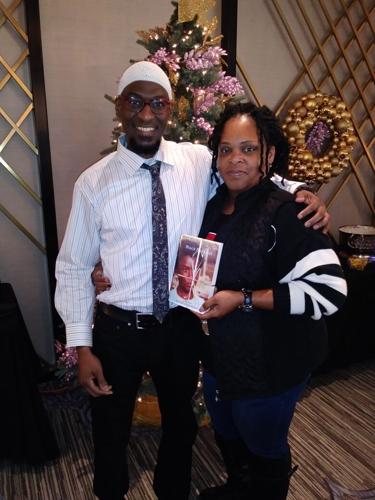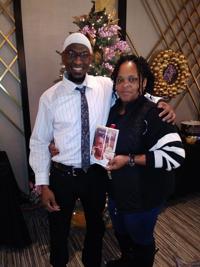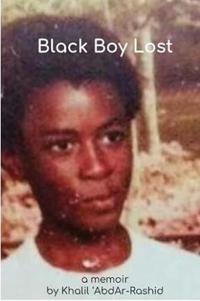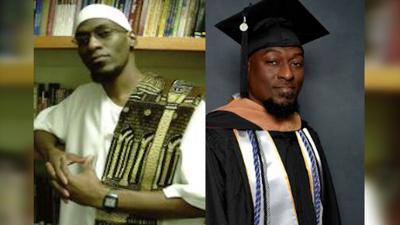This Coastal Connection is sponsored by Baths by Spicer Bros.
GEORGETOWN, Del. - One decision can change your life. In the case of one man, it did. Now, he's using his experience to help others. Khalil Abdar-Rashid is the Founder of Missed Opts, an organization he started behind the walls of Sussex Correctional Institution.
When most people think of prison, they envision punishment and a loss of freedom. However, behind the walls of the Sussex Correctional Institution in Georgetown, something extraordinary took place—a story of growth, transformation, and missed opportunities that ultimately gave rise to a local nonprofit organization focused on helping formerly incarcerated individuals rebuild their lives.
Missed Opts is a nonprofit dedicated to providing statewide re-entry coordination, re-entry coaching, peer coaching and mentorship. The organization’s founder, Khalil Abdar-Rashid, credits his personal transformation to his time at Sussex Correctional Institution, where his journey of growth began.
Abdar-Rashid’s story is a testament to the power of second chances.
“I went to prison when I was 17 for first-degree murder. I was sentenced to a natural life plus five years in prison. I served 25 years and 27 days,” said Abdar-Rashid. “During my incarceration, that’s where my growth began.”
In 2008, Abdar-Rashid was preparing to appear before the Board of Pardons. During that time, his counselor encouraged him to write down his life story. As he wrote, Abdar-Rashid began to realize the countless missed opportunities for intervention that could have changed the course of his life.
He turned his story into a book, Black Boy Lost, which later became the foundation for a program of the same name. Through this program, Abdar-Rashid visits schools to share his experiences with students and teachers.

Black Boy Lost, a book written by Khalil Abdar-Rashid.
Reflecting on his past, Abdar-Rashid says, “I was talking to my wife about my book, and we kept discussing the opportunities people had to intervene in my life to prevent it from going down the wrong path.”
Natasha Hughes, who was formerly employed in several Department of Correction facilities, played a significant role in the creation of Missed Opts. Hughes worked in the medical unit at these facilities, ultimately overseeing the mental health unit.
“As I always say, the fight’s not out here. The fight is in here,” Hughes says, pointing to her head, symbolizing the internal fight people face in prison.
“I’m here to continue watering and cultivating the seeds that I planted behind the fence.”
Today, Hughes serves on the board of Missed Opts and continues to support the organization's mission.

Khalil Abdar-Rashid and Natasha Hughes.
“Khalil is doing the work today of the plan that we planned behind that fence so many years ago,” she says.
One of the key initiatives that Abdar-Rashid runs is the Victim Impact Class, which he hosts at the same correctional facility he previously incarcerated at. The class helps inmates understand the impact their crimes have on others, giving them the opportunity to hear directly from victims impacted by crimes. It’s a program that not only fosters empathy but also promotes personal responsibility and growth.
Abdar-Rashid’s work doesn’t stop once individuals are released from prison. He and his team at Missed Opts are passionate about helping people re-enter society and most importantly, remaining part of society.
“What we do is we connect individuals to resources. One of the things that we did differently than most people is we didn’t just say, ‘Here, call this number,’ or, ‘Go do this.’ No, we sat with you when you made the call, helped you communicate, and actually took you to the places,” Abdar-Rashid explains.
“When people are coming out of prison, it’s hard to communicate and navigate these things.”
For Abdar-Rashid, Missed Opts represents more than just a nonprofit. It’s his way of taking the opportunities he once missed and using them to give others a chance to succeed. By providing essential services and support, the organization helps formerly incarcerated individuals break the cycle and start over.
Through his work, Abdar-Rashid is turning missed opportunities into more options for those who need it most.






